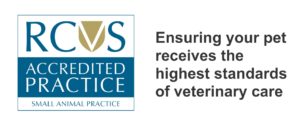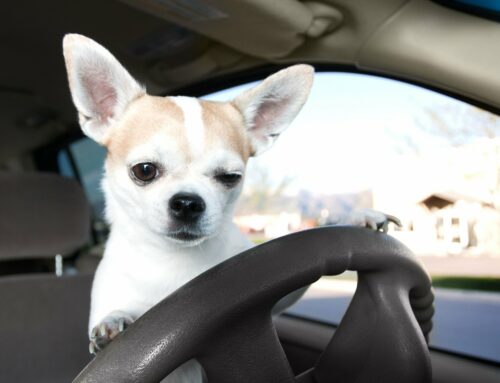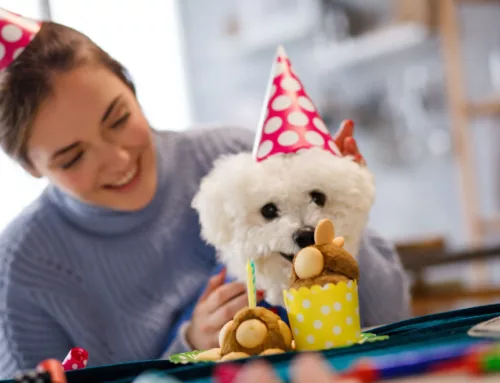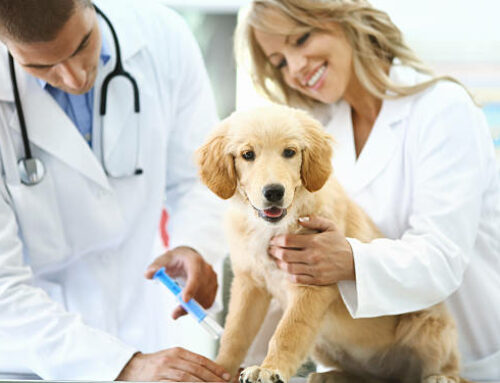Earlier this year the Royal College of Veterinary Surgeons made a ruling that vets, for the first time, be allowed to call themselves “Dr”. Until now we have been plain “Mr” and we were “mister” because we were surgeons in the same way as medical consultant surgeons revert to “mister” from “doctor”.
With globalisation it became increasingly clear that the UK was out of step with the rest of the world as vets are known as “Dr” in almost every other country. When British vets travel overseas there is considerable confusion when they introduce themselves as “Mr” and when foreign vets visit this country there is an awkwardness, in that should they be called “Dr” because that is their title in their home country?
There was a sense that a change of nomenclature would align the UK with international practice and would provide greater clarity for the profession and public.
 The RCVS decision happened after a consultation process between the RCVS and both the vet profession and the general public which took place in January and February this year. There were 11,000 responses, 74% from vets, vet students, and vet nurses and 26% from the public. Overall 81% were in favour of vets becoming “doctors”. Vets can choose whether or not they call themselves “doctors” and if we do use the title “Dr” it has to be done in conjunction with the vets name, followed by either ‘Veterinary Surgeon’ or MRCVS. The aim is to avoid any implication that the vet in question holds a human medical qualification or a PhD.
The RCVS decision happened after a consultation process between the RCVS and both the vet profession and the general public which took place in January and February this year. There were 11,000 responses, 74% from vets, vet students, and vet nurses and 26% from the public. Overall 81% were in favour of vets becoming “doctors”. Vets can choose whether or not they call themselves “doctors” and if we do use the title “Dr” it has to be done in conjunction with the vets name, followed by either ‘Veterinary Surgeon’ or MRCVS. The aim is to avoid any implication that the vet in question holds a human medical qualification or a PhD.
There are 20,000 vets in the UK who feel that we have studied and worked just as hard as our medical colleagues and we deserve the “doctor” accolade as much as they do.
A recent national poll of more than 2,000 members of the public found 94% of the general public trust the veterinary profession generally or completely. This puts vets above GPs, dentists and head teachers in terms of how well the key professions are trusted.




